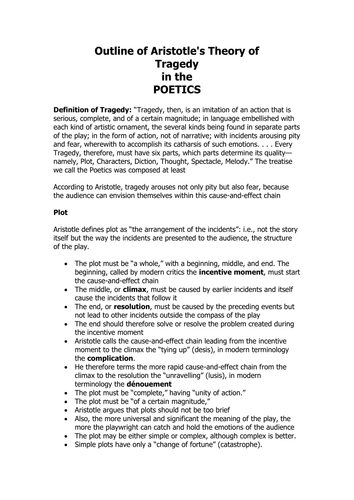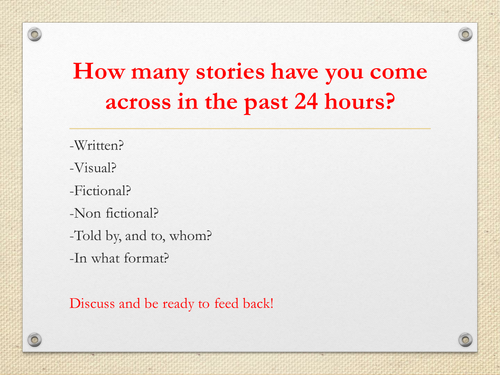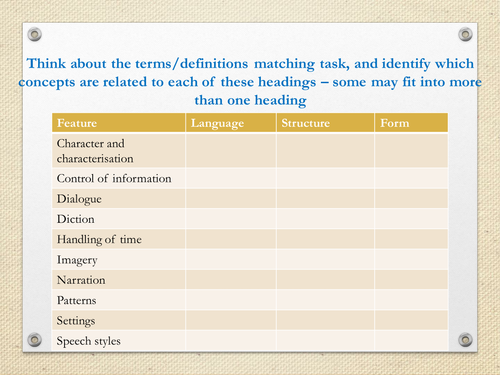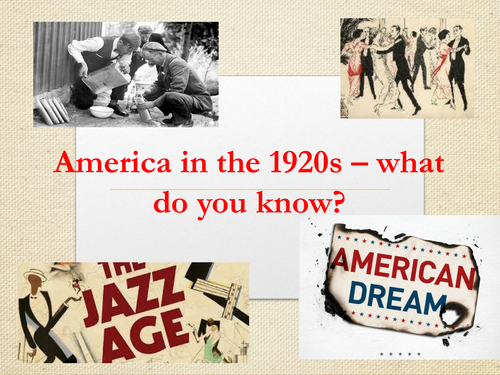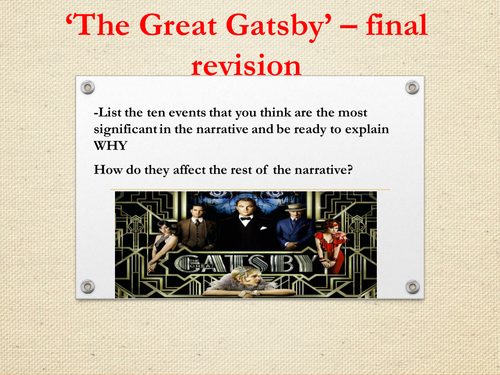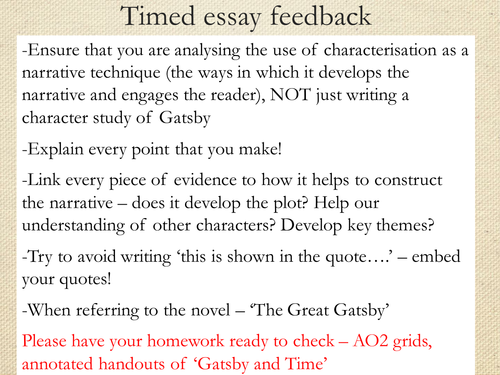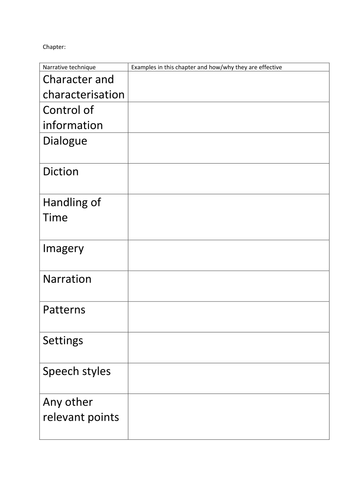The English Expert's Shop
A range of resources suitable for WJEC Eduqas English Language and 9-1 WJEC Eduqas English Literature GCSEs, OCR English GCSEs and AQA English GCSEs. A range of resources are designed for Years 7, 8, 9, 10 and 11 to engage them in English. There is also a range of A Level resources suitable for English Language, Literature and Language & Literature. All resources have been taught successfully to a range of classes in my grammar school and can easily be taught to your classes too.













